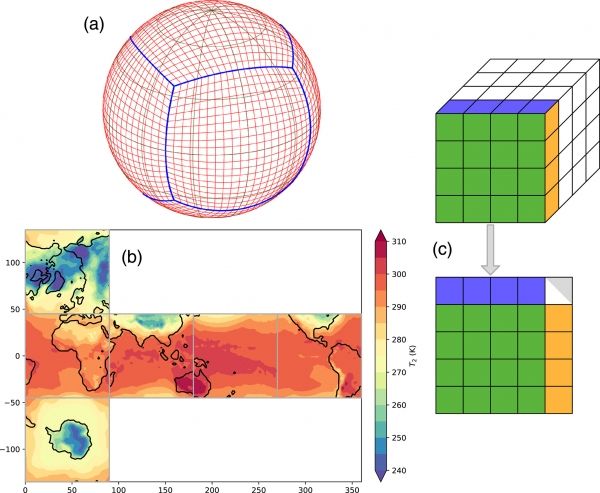The huge machines churn through millions of calculations to solve equations to predict temperature, wind, rainfall and other weather events. A forecast’s combined need for speed and accuracy taxes even the most modern computers.
The future could take a radically different approach. A collaboration between the University of Washington and Microsoft Research shows how artificial intelligence can analyze past weather patterns to predict future events, much more efficiently and potentially someday more accurately than today’s technology.
The newly developed global weather model bases its predictions on the past 40 years of weather data, rather than on detailed physics calculations. The simple, data-based A.I. model can simulate a year’s weather around the globe much more quickly and almost as well as traditional weather models, by taking similar repeated steps from one forecast to the next, according to a paper published this summer in the Journal of Advances in Modeling Earth Systems.
Continue reading at University of Washington
Image via University of Washington


